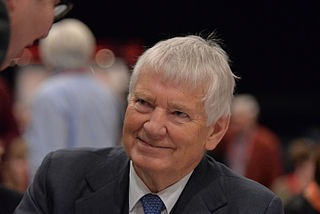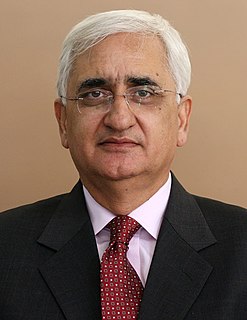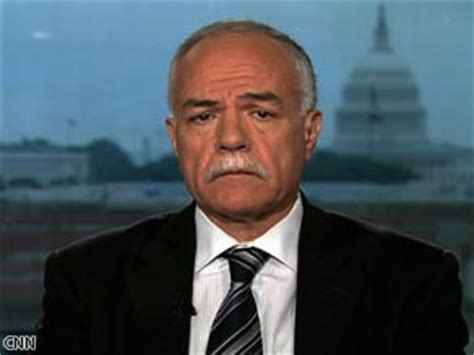A Quote by Sushma Swaraj
Being a longstanding partner of the Arab world, we in India are also deeply concerned with the rise of fanaticism, extremism, and terrorism in parts of the region.
Related Quotes
In many parts of the world, including the Arab world, the Latin American world, and even parts of the Western world, there is a tradition of writers being quite engaged. Particularly in the Arab world you have had very, very strong traditions of literature and poetry and most of the writers have been deeply committed to the cause of the Arab nation.
India considers Saudi Arabia a center of stability in the region. The security and stability of the Gulf region and that of the Indian subcontinent are interlinked. Bilateral security cooperation between India and Saudi Arabia will contribute to regional stability and in addressing the common threat of terrorism in the region.
With his decision to use force against the violent extremists of the Islamic State, President
Obama ... is stepping once again - and with understandably great reluctance - into the chaos
of an entire civilization that has broken down. Arab civilization, such as we knew it, is all but
gone. The Arab world today is more violent, unstable, fragmented and driven by extremism -
the extremism of the rulers and those in opposition-than at any time since the collapse of the
Ottoman Empire a century ago.
Now I don't have to explain to the world about India's position. The world is unanimously appreciating India's position. And the world is seeing that Pakistan is finding it difficult to respond. If we had become an obstacle, then we would have had to explain to the world that we are not that obstacle. Now we don't have to explain to the world. The world knows our intentions. Like on the issue of terrorism, the world never bought India's theory on terrorism. They would sometime dismiss it by saying that it's your law and order problem.
Jordan is many different things and there's many different parts of it. We don't ever really get to see a modern Arab city, a part of the Arab world where people are seemingly living their lives like everywhere else and also just a part of the Arab world that's surprisingly Americanized, with fast-food joints everywhere and shopping malls. Over the 30 years I've been traveling there, I really saw it grow and become modernized and much more Americanized in a way that surprised me as an Arab-American.































